Visit the Period Pride Website
1. How has social stigma affected your efforts in raising awareness so far?
We are confronted with social stigma each and every day. As we have witnessed with the tragic suicide of the 14-year-old Kenyan schoolgirl Jackline Chepngeno in many communities around the world, the topic of menstruation is a taboo and period-shaming follow as a consequence. Menstruation is seen as something dirty that should be hidden and not discussed, thereby, creating sentiments of shame, embarrassment and discomfort for those who are experiencing it.
This often results in girls using unconventional materials to handle their periods, mainly because they are afraid or embarrassed to ask for help when the need arises. When a girl doesn’t feel comfortable or supported to talk about her period, and she is in need of proper products and information, she loses confidence and joy in herself and in society. Raising awareness under these conditions is extremely difficult and fortunately we see a rise in the number of activists and advocates entering into dialogue and action related to MHM. Still the fact remains that a large number of girls in third world countries do not have access to this information which is why we will also provide girls with information about menstrual hygiene management (MHM) via the booklet “My First Period” by Real Relief. Only through information and education can we end the social stigma and period-shaming.
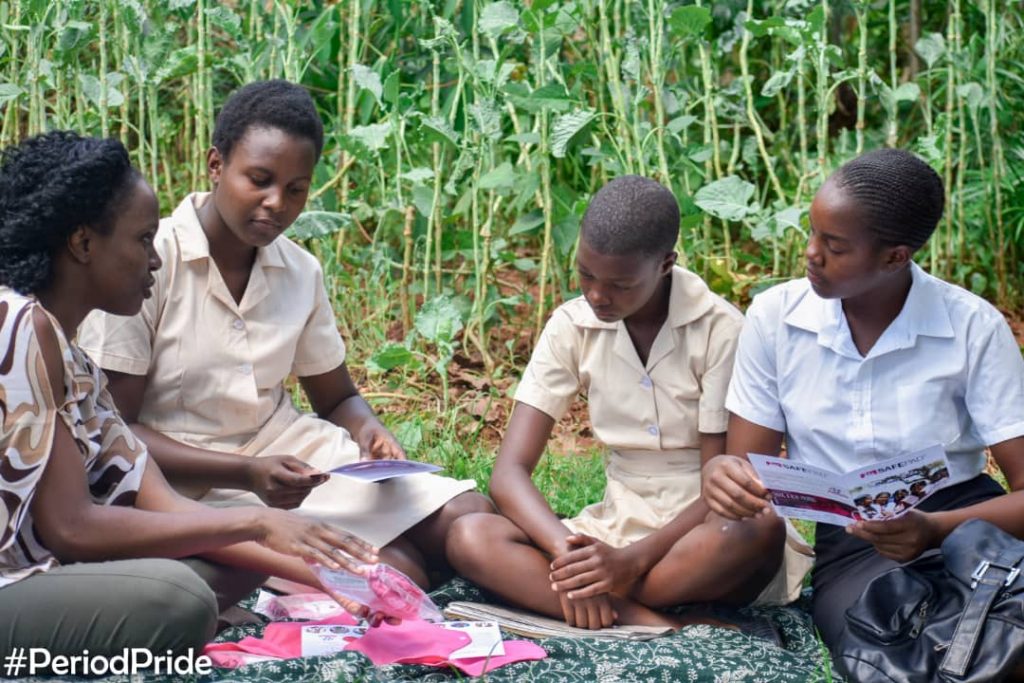
2. How did you decide to go ahead and make a difference and create this campaign? How was the process at the beginning?
We are two women from different backgrounds and geographical locations who are driven by the passion to end Period Poverty. We believe that unless we give our girls access to education and hygiene products, period poverty will continue to be a major obstacle hindering our girls from realizing their full potential.
We can and will not sit by and watch period poverty continue to drown our girl’s academic life with each drop, which is why we have joined forces to amplify our call for more action.
The topic of menstruation is surrounded by so many cultural and religious taboos and this has affected our outreach as well as hindered us from directing our message to the right people. However, the menstrual hygiene movement is growing so strong that even men are warming up to the topic and we are excited to say that there is now a clear channel or communication to present our case.
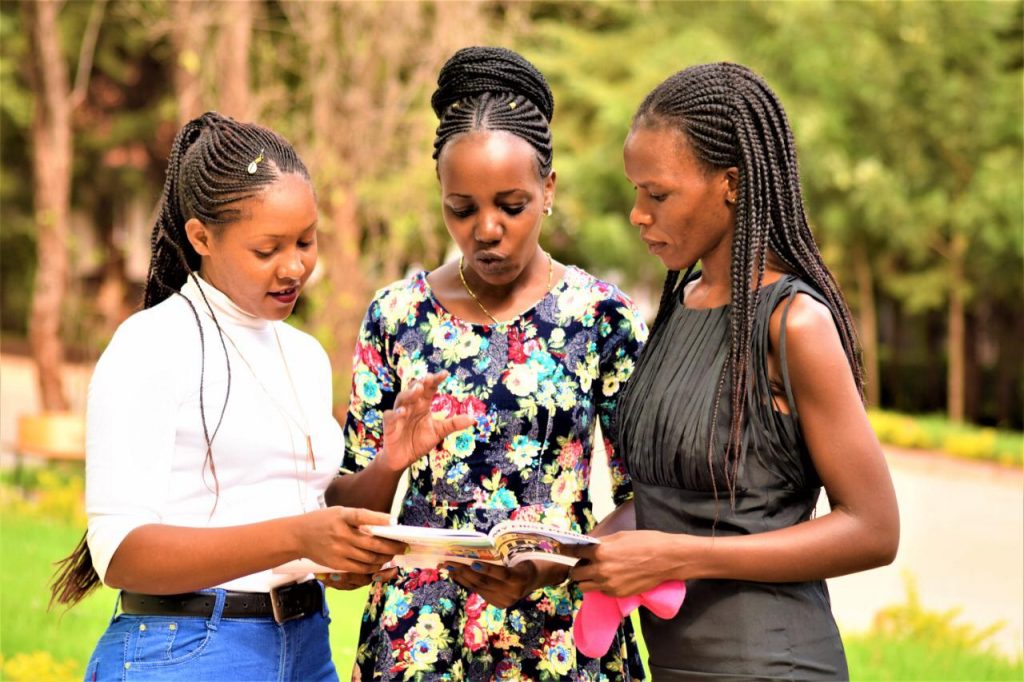
3. Where do you source the reusable pads?
At the moment the production of Safepad™ is in India but Real Relief is also exploring the possibilities of setting up a production in China. We are very keen to look at local capacity building and female empowerment, which is why we offer the concept- and technology development transfer for local partners, so they have the opportunity to start their own production of Safepad™ locally – in order to become self-sufficient and thus strengthening the local economy by creating more jobs.
We are currently working with a Nigerian woman, Princess Osita-Oleribe, who has purchased a container of the treated fabric for the pads, so she can set up her own production in Nigeria.
4. Could you describe your campaign in three words?
Pride - Power - Productivity
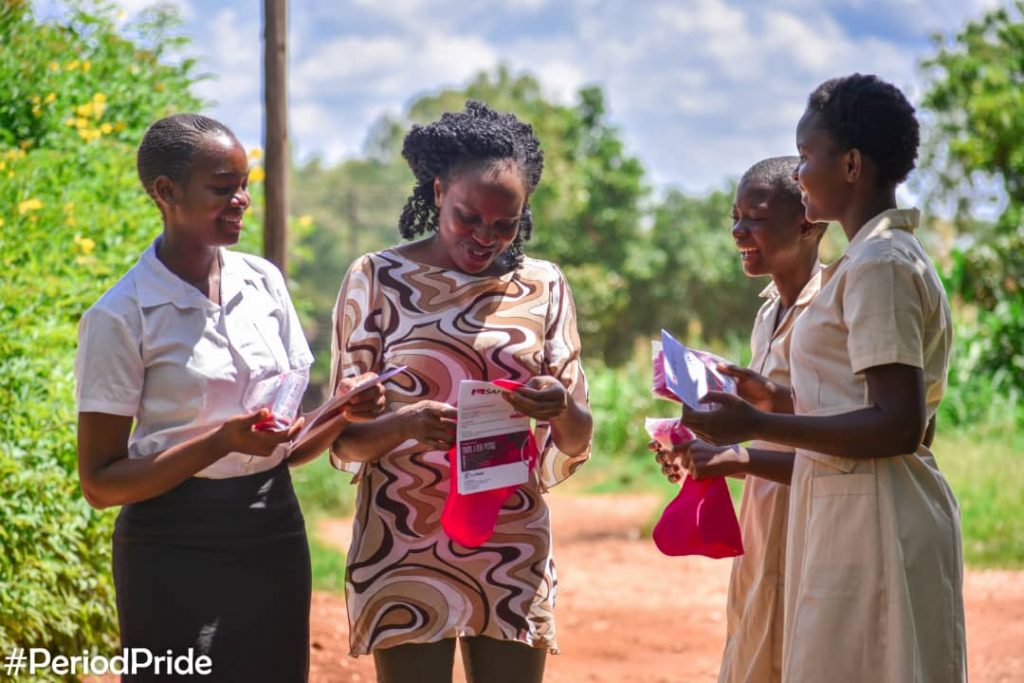
5. What is the story behind your campaign idea?
We know that no matter where you live, all girls and women share similar experiences when it comes to menstruating. For girls who struggle with poverty and homelessness access to hygiene products is a real challenge. Period Poverty has long remained a hidden societal problem that continues to hinder girls from reaching their full academic potential as they continue to miss up to four days of school each month in a given school year.
In developing countries, a girl’s education is challenged by many factors such as culture and tradition, family income and parental education levels which are all important factors for girls’ educational participation and performance.
Another important aspect of the challenges to girls’ education, which is related to menstruation, is the fact that in many communities around the world the topic of menstruation is a taboo. Menstruation is seen as something dirty that should be hidden and not talked about. This can create sentiments of shame, embarrassment and discomfort for those who are experiencing it, and it results in girls using unconventional materials to handle their periods, mainly because they are afraid or embarrassed to ask for help when the need arises. When a girl doesn’t feel comfortable or supported to talk about her period and is in need of proper products and information, she will end up loses confidence and dignity amongst her peers.
We have launched the campaign PeriodPride – Keep our GIRLS in School, as a unique global initiative mobilizing organizations, corporations, governments, and philanthropic supporters to support our mission of keeping our girls in school. The aim is to provide girls from impoverished backgrounds with educational material about Menstrual Hygiene Management as well as intelligent hygiene solutions – i.e. SafepadTM which is a unique reusable pad with an anti-microbial bonding technology that ensures a safe and infection-free period.
This campaign will guide young girls through the physical and emotional aspects of their transition into adulthood by providing them with the needed information to manage their periods as well as the sanitary pad, SafepadTM. We want to create a society where periods are regarded as being a natural part of womanhood and where girls are able to talk about their periods freely and openly, enabling them to get help and support easily without being discriminated.
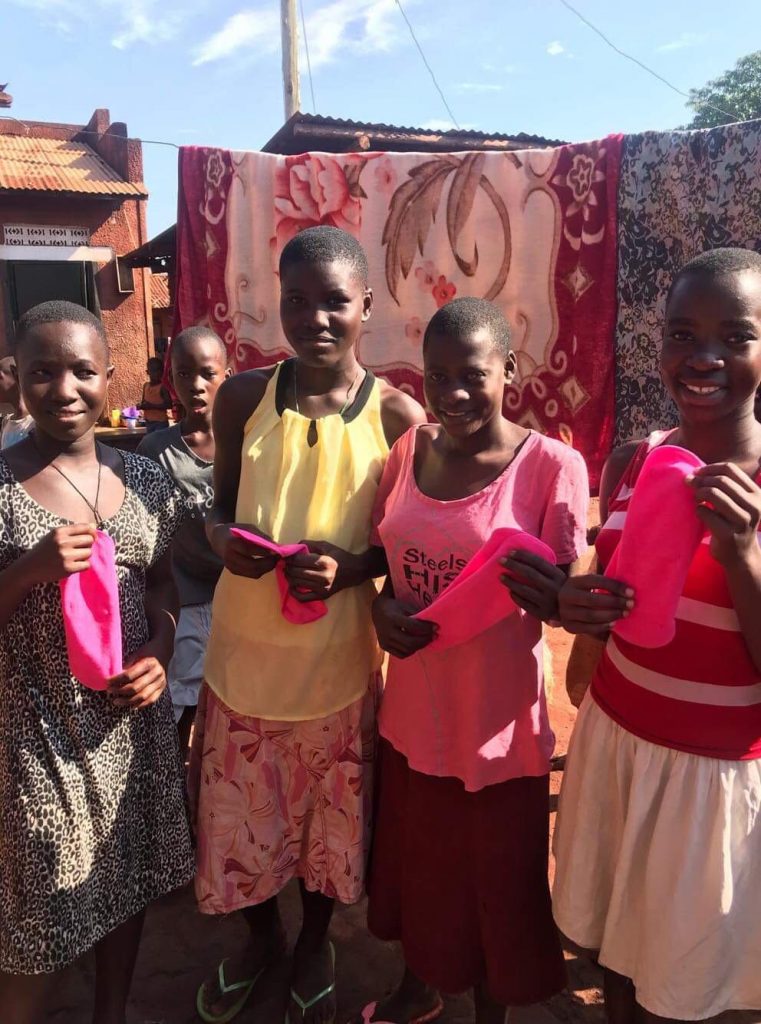
6.Why do you want to make a change?
We envision a world where periods do not set limitations but instead become a source of pride for young girls. And we believe that education is a prerequisite for achieving all the SDGs.
We believe that children are the future and that every child should have access to proper education but, according to UNESCO many girls in South-Eastern Asia and sub-Saharan Africa receive less than 6 years of schooling which shows a clear disparity in access to and duration of education according to gender. In line with this most girls from low income areas cannot afford basic hygiene products such as sanitary pads which means that when they hit puberty, going to school will become an obstacle, resulting in regular absence (as much as 20% of a given school year according to UNESCO) as well as rising dropout rates. We believe that something as natural as a period should not prevent girls from getting an education.
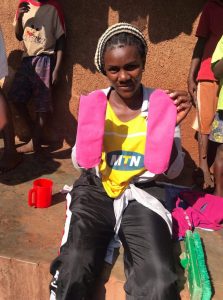
When approximately half of the world’s population are governed by restrictions due to biology, we have a responsibility to offer aid and support where it is needed to ensure equality and education for all.
Gender equality is also a prerequisite for achieving all the SDGs. Gender indicators are included in all the SDGs because the emancipation of women and girls has a positive impact on the economy, helps reduce poverty, improves food security, health, etc. And yet the work required is huge. According to the World Economic Forum, at the current rate, it will take 108 years to achieve complete gender equality everywhere in the world. This is too long; the time limit for the SDGs is set for 2030. We need to speed up considerably.
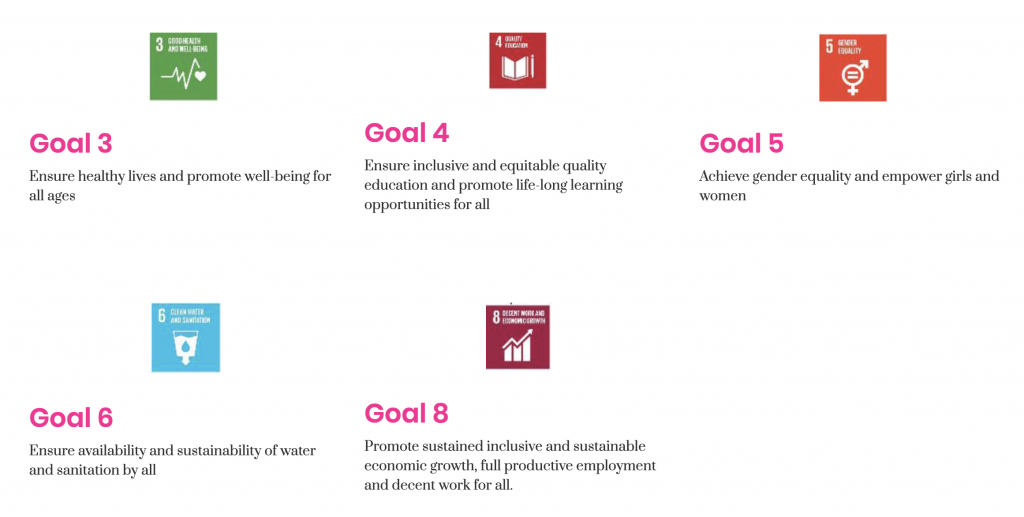
7. How can you assure that your reusable pads are being used and not wasted?
It is always difficult to ensure the use of any product but the PeriodPride campaign wants to remedy the negative social impacts deriving from period poverty in financially disadvantaged communities which means that these sanitary pads render aid to girls in need. These pads ensure access to education for girls who would otherwise stay home or even drop out of school. The pads also ensure a safe and infection-free period for vulnerable girls and studies show that some girls use alternative materials to handle their periods such as animal skins and cow patties which puts them at risk of contracting infections that in the worst case could lead to diseases and infertility. The Safepad™ is a reusable and anti-microbial sanitary pad that can be washed in polluted water and still remain anti-microbial. It can be reused for up to 3 years which makes it an economical, sustainable and eco-friendly option for vulnerable girls.
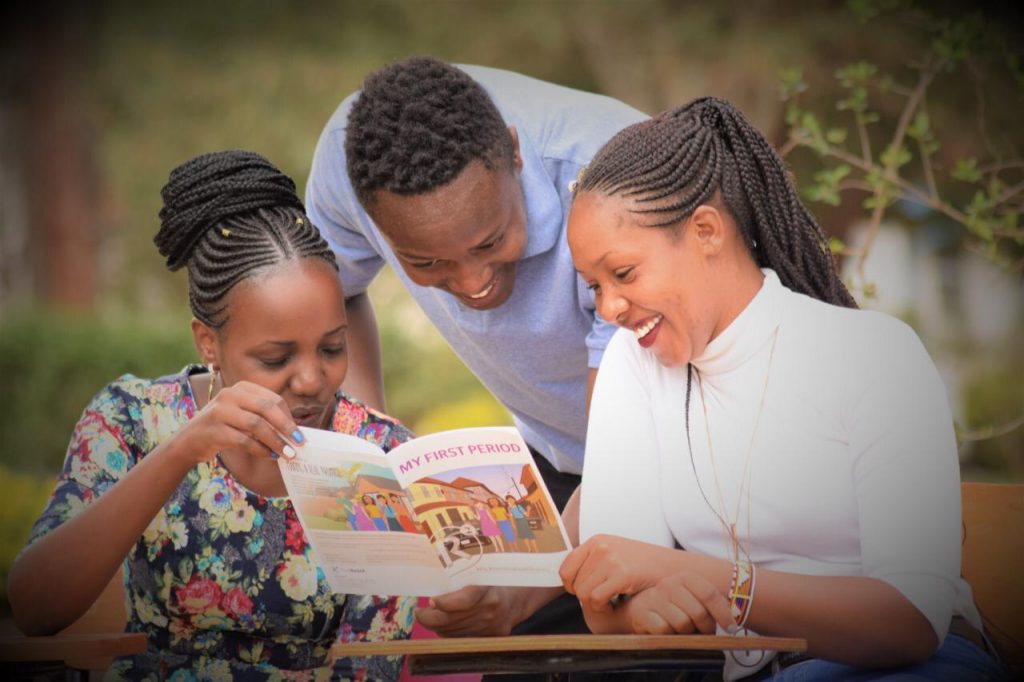
8. How can I follow the process from donation till the distribution of your reusable pads?
As we believe in full transparency and honesty, we will be sharing our results and findings with our partners and contributors via our website and social media accounts.
Our vision is to eradicate period poverty globally but as we are a small campaign for the time being, we are focused on helping girls in Kenya, Zimbabwe and South Africa, however, we will be happy to work with other organizations who would like to channel their donation to support girls in other countries. We encourage our supporters to contact us so we can facilitate their contribution via local partners.
9. How did the founders meet?
Thelma learned about the product Safepad™ through her work with the Energy Globe Award and she contacted Trine shortly afterwards. The discussion between the two women following their initial meeting was characterized by shared views, determination to see change and most importantly a vision to see an end to period poverty. The pair has since been working together to ensure that the campaign will register the much needed success. Their geographical location has never been a hindrance as they continue to make use of the social platforms to engage their audience from across the globe.
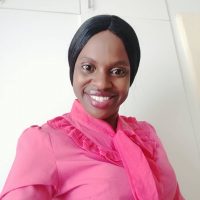
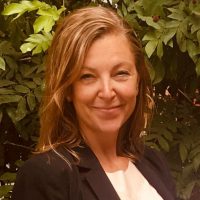
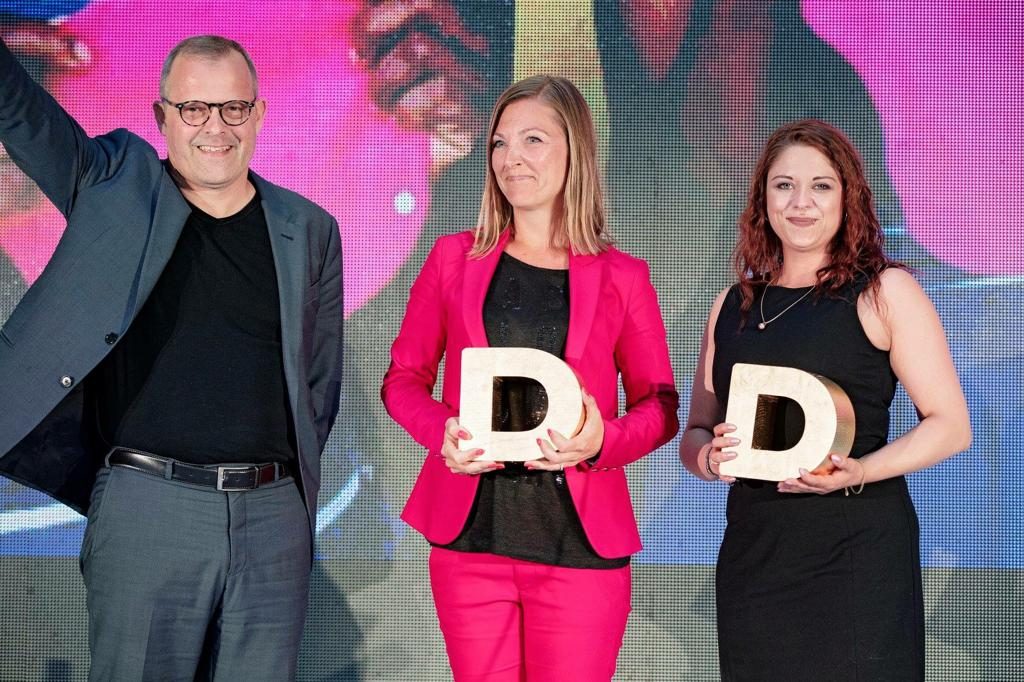
10. Where can we learn more about your mission and next steps?
On our website http://periodpridecampaign.org/ which will soon be updated!

Leave a Comment Cancel reply
You must be logged in to post a comment.
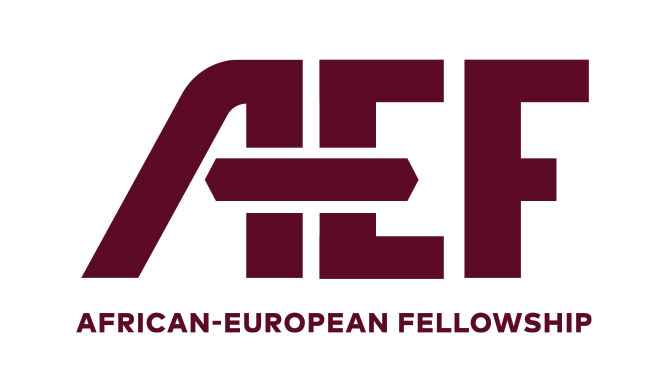


Iam interested in participating I am a house wife
Sure, feel free to send us your opinion on our latest topic and get a chance to be featured here. The topic will be female education and participation in the labour force.